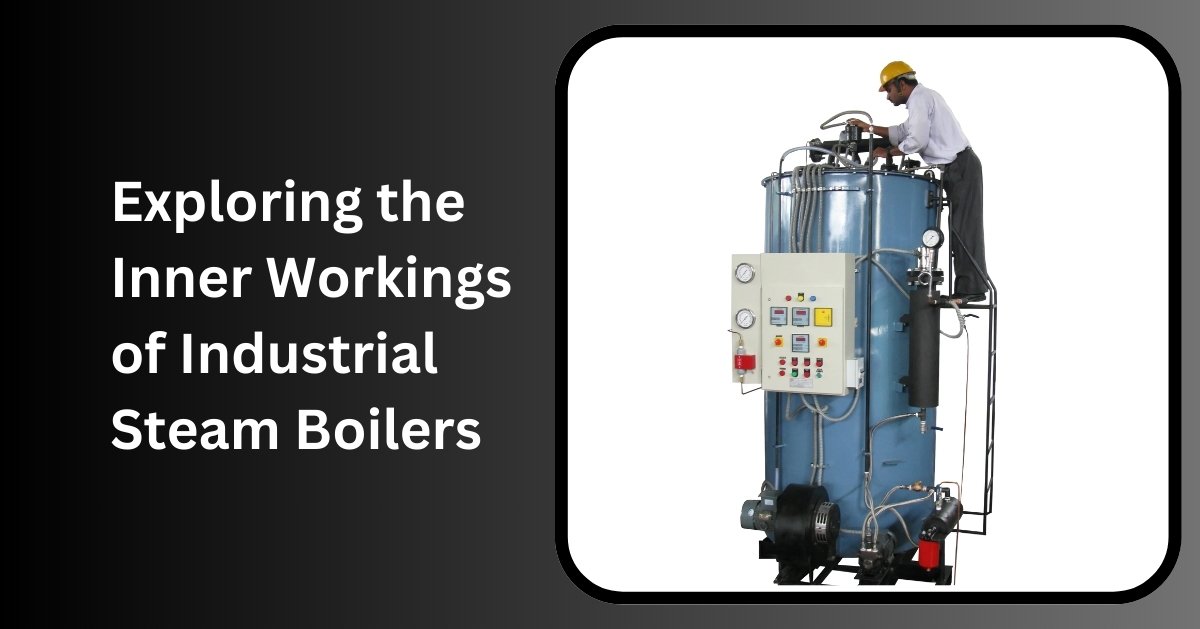
Fire safety is a critical concern in any environment, but it takes on added importance in nursing homes where residents are often frail, less mobile, and may require assistance during emergencies. Ensuring their safety necessitates stringent standards and regular checks, making fire safety certification essential. This certification is not merely a regulatory formality; it is a pivotal aspect of operational integrity and quality care in nursing homes. In this blog, we will explore the components of fire safety certification, the key steps to obtaining it, and its benefits for nursing home staff.
Table of Contents
ToggleUnderstanding Fire Safety Certification for Nursing Homes
Fire safety certification for nursing homes is an official recognition that the facility meets all prescribed fire safety standards. These standards are typically set by local fire departments,health licensing departments, and other regulatory bodies. Obtaining this certification involves a thorough inspection of the premises to verify compliance with fire safety regulations.
Key Elements of Fire Safety Certification
1. Fire Detection and Alarm Systems: These systems must be capable of detecting fire at an early stage and alerting both residents and the fire department. Advanced systems can also pinpoint the exact location of the fire, speeding up response times.
2. Fire Suppression Systems: This includes sprinklers, fire extinguishers, and other equipment designed to control or extinguish fires before they can cause significant harm. Proper training for staff on operating these systems effectively is also crucial.
3. Emergency Exits and Evacuation Plans: Clearly marked exits and well-practiced evacuation plans ensure that residents and staff can quickly and safely evacuate the building in the event of a fire.
4. Fire Drills and Staff Training: Regular fire drills and training sessions ensure that staff members know how to respond effectively in an emergency, including assisting residents with special needs during evacuations.
By securing fire safety certification, nursing homes demonstrate their commitment to protecting their residents and meeting regulatory requirements.
Steps to Obtain Fire Safety Certification for a Nursing Home
1. Initial Assessment
Conducting an initial assessment is crucial for identifying potential fire hazards and areas that need improvement. This involves a detailed inspection of the building’s layout, fire safety electrical systems, kitchen facilities, and storage areas. Engaging a fire safety professional for this assessment can provide expert insights and recommendations.
2. Develop a Fire Safety Plan
Based on the initial assessment, develop a comprehensive fire safety plan that includes:
- Installation of Fire Detection and Suppression Systems: Ensure high-quality, well-maintained systems are in place.
- Clear Marking of Emergency Exits: Make sure all exits are visible, accessible, and unobstructed.
- Development of an Evacuation Plan: Tailor the evacuation plan to the specific needs of residents, including those with mobility or cognitive impairments.Regular Maintenance and Inspection Schedules: Perform regular checks to ensure all systems are functioning correctly.
3. Implement Fire Safety Measures
This includes installing or upgrading fire alarms, sprinklers, and extinguishers, as well as ensuring that emergency exits are clearly marked and accessible. Structural changes to the building may also be necessary to enhance fire safety.
4. Staff Training and Fire Drills
Training staff to respond effectively in case of a fire is critical. Conduct regular fire drills to practice evacuation procedures and ensure that everyone knows their role during an emergency. Staff should be trained in using fire extinguishers, assisting residents, and understanding evacuation routes.
5. Regular Inspections and Maintenance
Regular inspections and maintenance of fire safety equipment and systems are essential. This helps ensure all systems are functional and meet the required standards. Maintenance logs should be meticulously kept.
6. Apply for Certification
Submit an application to the relevant authorities and undergo a formal inspection. The inspection will assess all aspects of fire safety, including equipment, evacuation plans, and staff training.
7. Addressing Inspection Findings
Any identified issues or areas of non-compliance must be addressed promptly. After resolving all issues, the nursing home can be re-inspected and, once compliant, receive fire safety certification.
Benefits of Certification for Nursing Home Staff
1. Enhanced Safety
Certification ensures a safer environment for staff, reducing fire-related injury or fatality risks. It includes rigorous checks and implementation of advanced fire detection and suppression systems.
2. Improved Preparedness
Regular fire drills and training equip staff to handle emergencies efficiently. This preparedness minimizes panic, ensures swift action, and enhances the overall emergency response effectiveness of the nursing home.
3. Compliance and Legal Protection
Certification ensures compliance with fire safety regulations, avoiding fines and legal actions. It provides legal protection for staff, as the facility meets recognized safety standards, reducing liability risks.
4. Peace of Mind
Knowing their workplace is certified for fire safety gives staff peace of mind. This security allows them to concentrate better on delivering high-quality care without worrying about potential fire hazards.
5. Professional Development
Participation in fire safety training and drills enhances staff skills and knowledge. These improvements can aid career advancement opportunities and make staff more competent and valuable in their roles.
6. Positive Workplace Culture
A strong commitment to fire safety fosters a positive work culture. Staff feel valued and protected, leading to increased job satisfaction, improved morale, and a stronger sense of community among team members.
7. Increased Confidence in Emergency Situations
Regular training boosts staff confidence in handling emergencies. This confidence is crucial for quick, decisive actions, ensuring the safety of both residents and staff during a fire incident.
8. Better Communication and Teamwork
Fire safety certification emphasizes clear communication and teamwork during drills. These exercises enhance overall communication skills and teamwork, benefiting daily operations and improving resident care.
9. Enhanced Reputation and Trust
Certification boosts the nursing home’s reputation and trustworthiness. Families and prospective employees prefer facilities committed to safety, leading to higher satisfaction and attracting quality job applicants.
10.Reduced Stress and Anxiety
Reliable fire safety measures and thorough training reduce staff stress and anxiety. A supportive and safe work environment promotes mental health, job performance, and overall well-being, aiding in staff retention.
Conclusion
Fire safety certification is a vital component of maintaining a safe and secure environment in nursing homes. From protecting vulnerable residents to ensuring staff preparedness and compliance with legal standards, the benefits of obtaining fire safety certification are numerous. Nursing homes must prioritize fire safety to safeguard lives and enhance the quality of care they provide.
For nursing homes looking to secure fire safety certification, partnering with experienced service providers is essential. If you are in Mumbai and seeking comprehensive fire safety solutions, consider reaching out to a reputable fire NOC service provider for nursing homes. These experts can help ensure your facility meets all fire safety standards, providing peace of mind for staff, residents, and their families.


